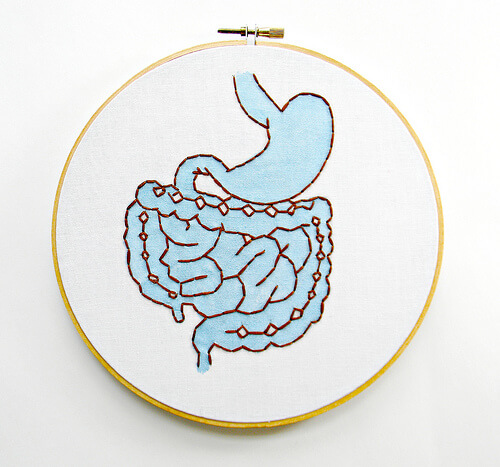
Can Massage Help IBS?
Many patients learn to manage the problems with lifestyle choices that can help to keep IBS under control. These include paying attention to diet, using massage and other alternative treatments, and stress reduction techniques.
Fortunately, there are many ways to treat IBS. Many patients learn to manage the problems with lifestyle choices that can help to keep IBS under control. These include paying attention to diet, using massage and other alternative treatments, and stress reduction techniques.
In irritable bowel syndrome, the muscles that line the walls of the intestine contract stronger than in a healthy person, and food passes through the colon faster. This then causes diarrhea or gas. Sometimes food passes through too slowly and constipation follows. IBS patients often react to certain foods differently from a healthy person and some foods may trigger symptoms or make existing symptoms worse. Other lifestyle issues that affect IBS patients include stress and anxiety.
Stress is not a cause of IBS but being stressed can aggravate the condition. If you are under stress, or experience negative emotions or anxiety, you may notice that symptoms suddenly appear or get worse. Many people get an upset stomach if they are stressed or anxious, and but in IBS patients stress and nervousness can make symptoms become more severe or more frequent.
Alternative treatments that can be used to relieve the symptoms include massage. Specific massage movements and massage on pressure points can be used to stimulate sluggish digestion in case of constipation, to relax abdominal muscles or to relieve bloating. Massage on acupressure points can also help to stimulate the colon. Some studies have shown that regular abdominal massage reduced gastrointestinal symptoms with regard to constipation and abdominal pain, and resulted in an increased number of bowel movements, although it may take up to two weeks to begin seeing the increase.
Are you interested in becoming a certified massage therapist?
Visit the links below to explore our massage therapy programs at a campus near you:
Massage also has another function in treating IBS: it’s an effective way to relieve and to prevent stress and anxiety. The Touch Research Institute has supported several studies on the efficiency of massage therapy on a variety of health conditions, including stress and anxiety. In a study by Field, T., Ironson, G., Scafidi, F., Nawrocki, T.,Goncalves, A., Burman, I. , Pickens, J., Fox, N., Schanberg, S., & Kuhn, C. (1996) adults were given chair massage and a control group was given relaxation exercises in a chair. While both groups scored lower in depression scores, it was only the massage group that had lower scores for job stress.
Regular massage treatments for IBS and constipation can thus be used to relieve symptoms but also to prevent further problems.
Featured Posts:

